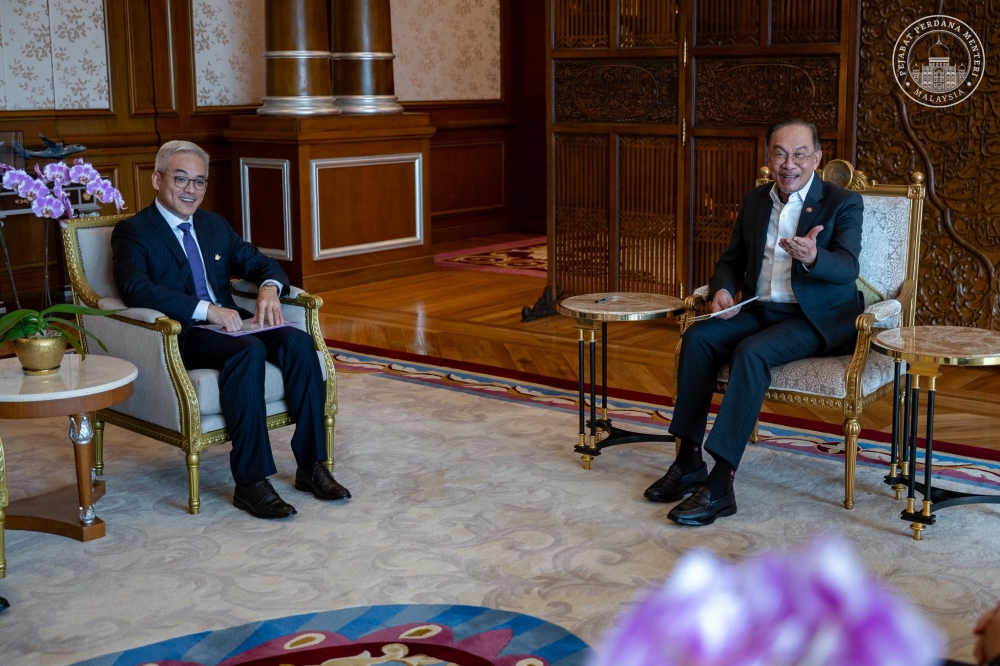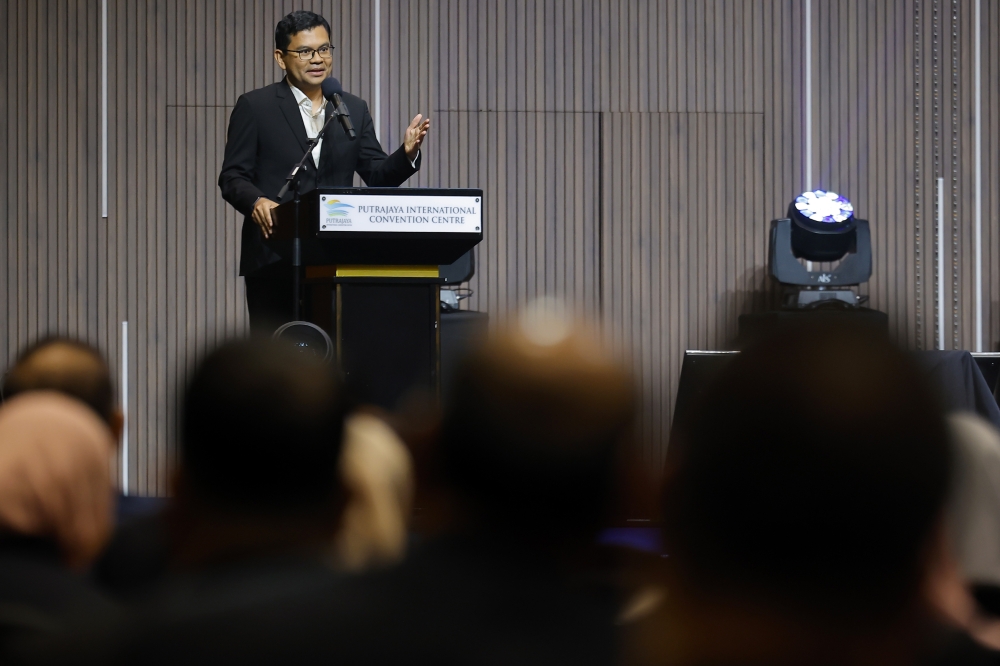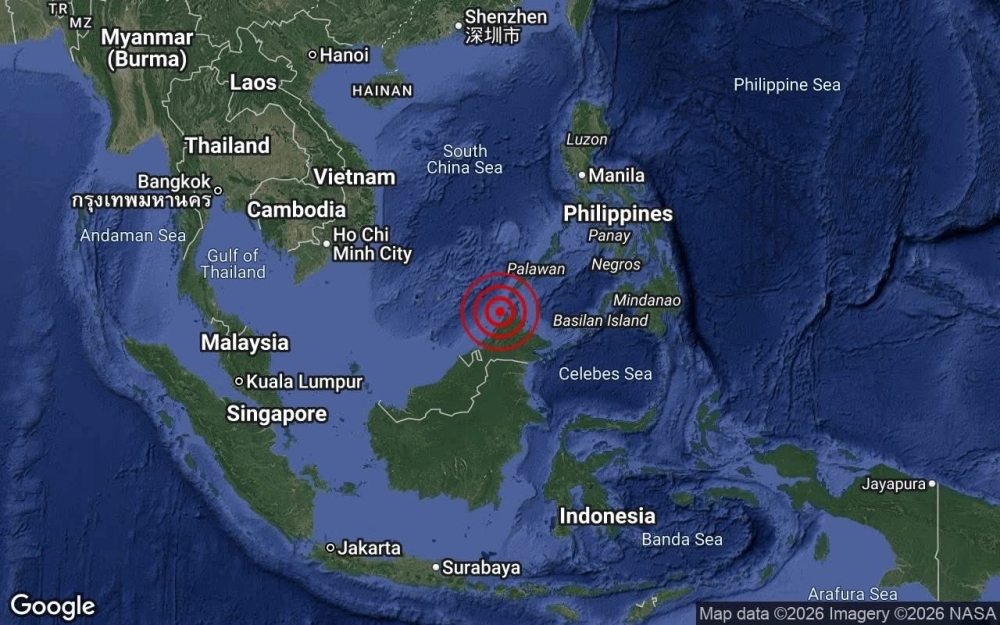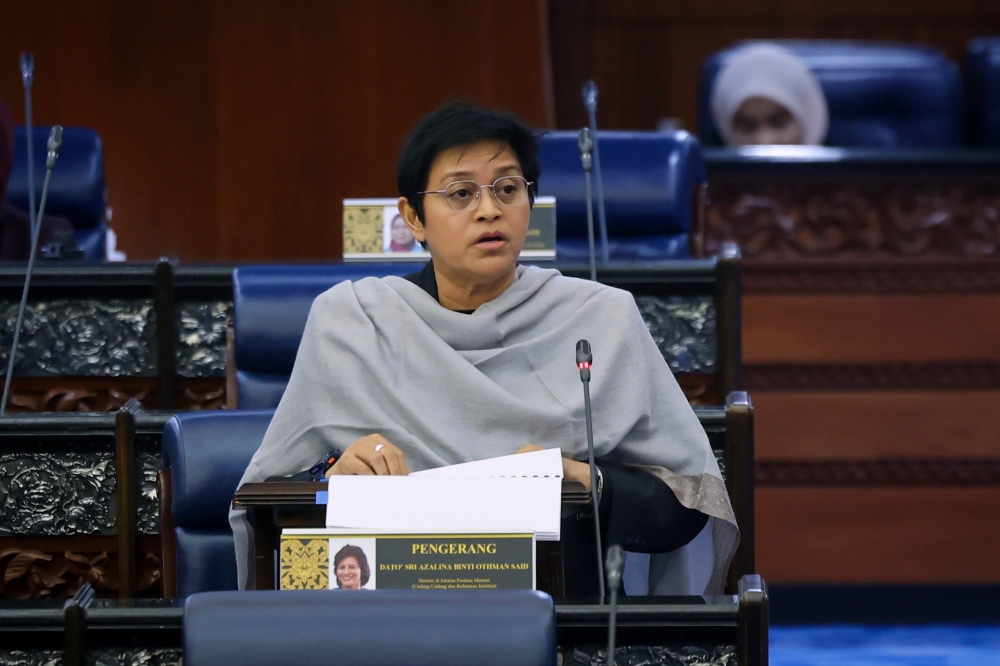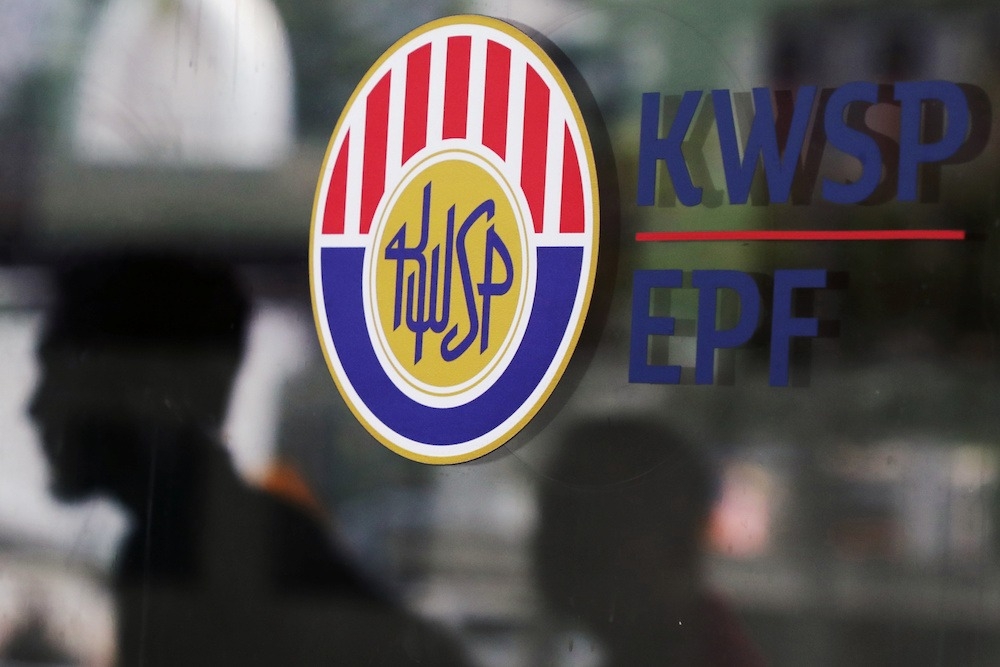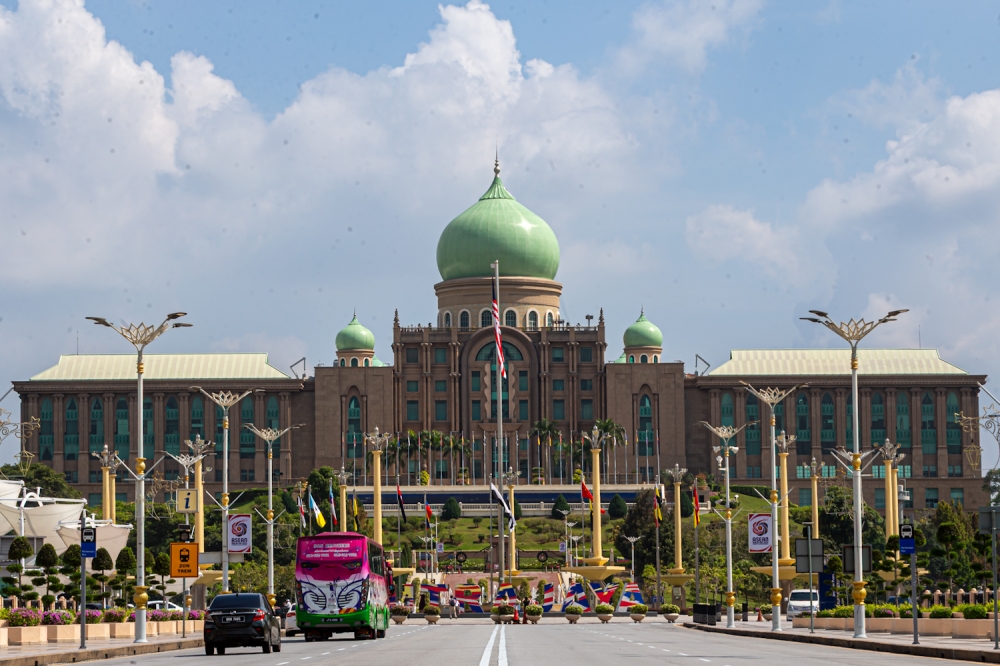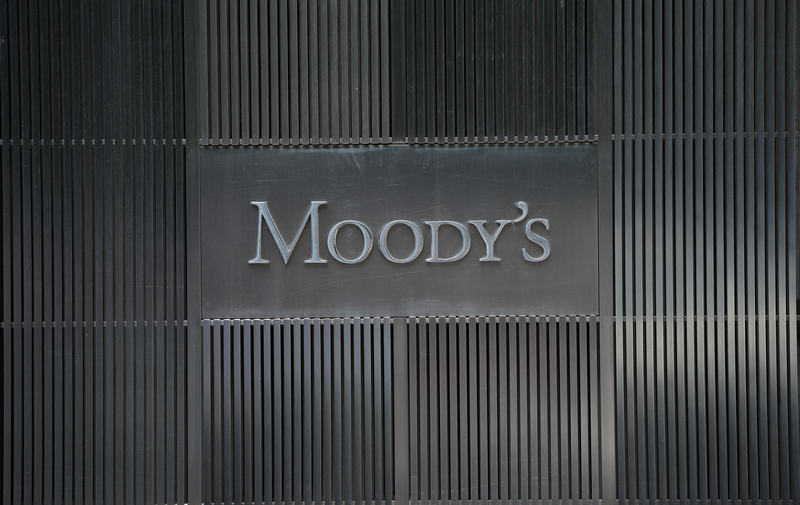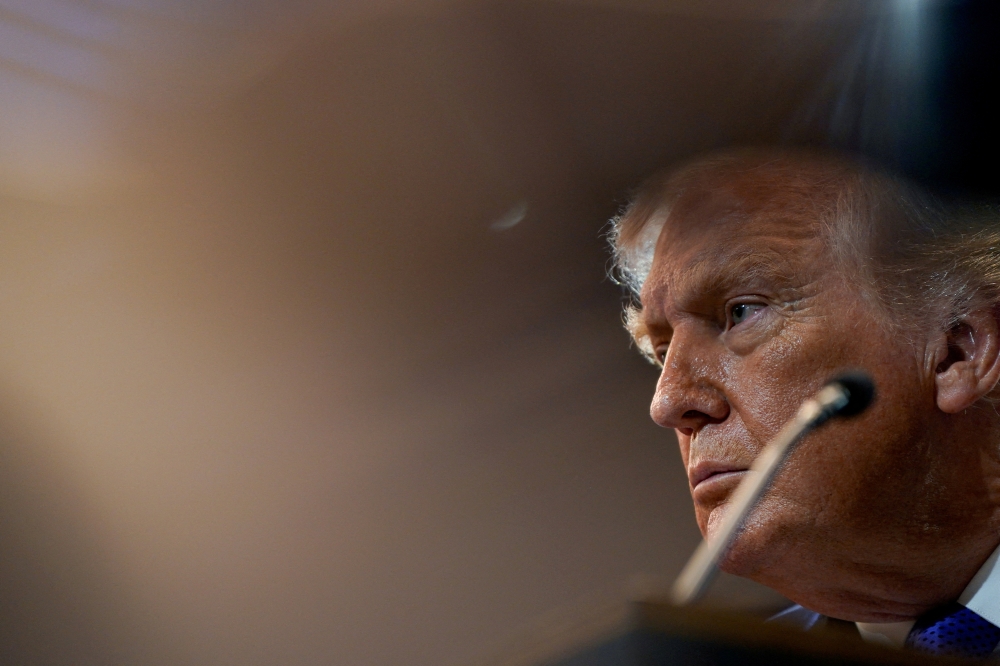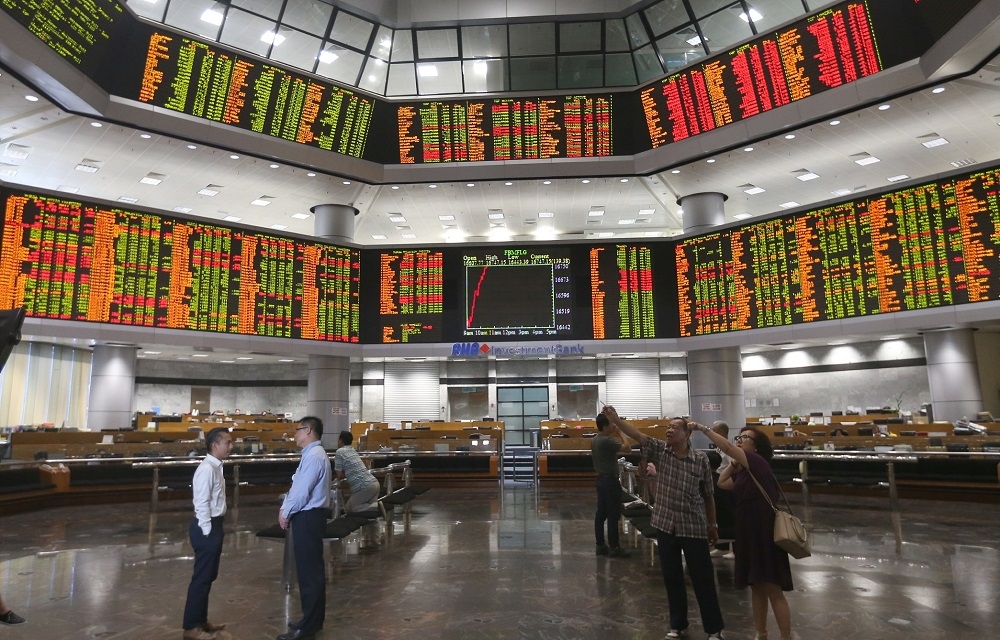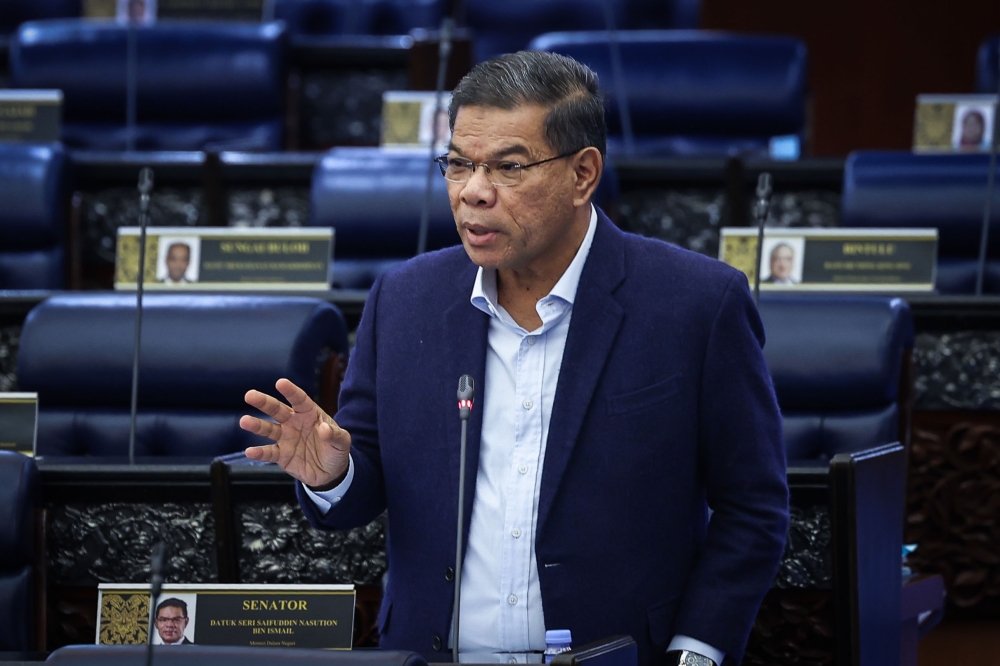KUALA LUMPUR, Sept 20 — Strong demand for Islamic finance, which is growing faster than conventional banking, will partially offset the impact from the challenges being faced by the industry, said Moody’s Investors Service.
Islamic banks’ profits are being hit by low interest rates, a still-subdued operating environment, and high provisioning costs, the rating agency said in a report.
It noted that Islamic banks in Gulf Cooperation Council (GCC) countries and South and South-east Asia are focusing on low-risk retail finance, which will help protect their asset quality amid an uneven economic recovery across these regions.
“Regulatory forbearance has masked the deterioration in the banks’ loan books, and high provisioning costs will continue to weigh on profitability, but their capital and liquidity buffers should comfortably absorb unexpected losses,” said Moody’s analyst Badis Shubailat.
He noted that Islamic banks’ regulatory capital remains well above minimum requirements.
“Their liquidity is also strong, reflecting deposit growth as customers cut spending amid economic uncertainty. Central banks in most countries have relaxed reserve requirements and continue to provide banks with liquidity support,” he added.
In addition, consolidation within fragmented Islamic banking markets presents opportunities.
The main Islamic banking markets have consolidated in recent years as the sector seeks to improve revenue generation and cut costs.
“We expect more Islamic banks to pursue mergers, particularly smaller players crowded out by large competitors,” he said. “In the GCC region, Islamic banks have in some cases merged with conventional peers. In Indonesia, the government merged its state-owned Islamic banks in 2020 to help them compete with larger conventional banks.” — Bernama





